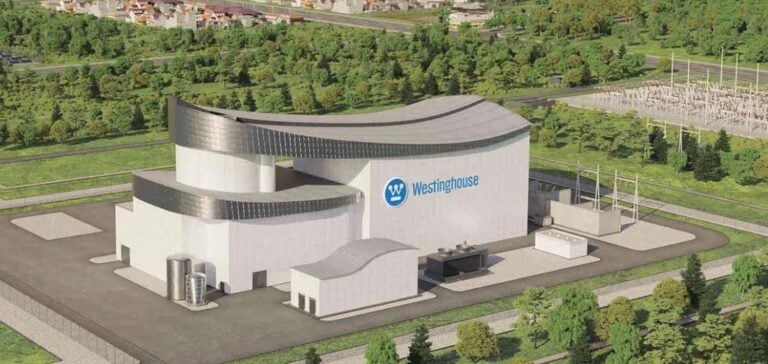Westinghouse Electric Company has concluded a preliminary works agreement with Fortum Corporation to study deploying a customised AP1000 reactor in the Nordic countries. The document also engages Hyundai Engineering & Construction Company as engineering and construction partner. The parties will focus their efforts on initial planning, assessment of potential sites and pre-licensing dialogue with regulators. These tasks build on Fortum’s two-year feasibility study, which highlighted AP1000 technology alongside two other options.
Scope of the agreement
The contract, called an Early Works Agreement, stipulates that Westinghouse will lead the initial technical analyses while Hyundai Engineering & Construction Company prepares cost estimates and the construction schedule. The teams will simultaneously review regulatory compliance to prepare a future licence application. The plan includes seismic characterisation, grid access and modular logistics. A joint committee will validate each stage.
The maturity of the AP1000 technology, equipped with passive safety systems already in service, weighed in Fortum’s choice. “With the AP1000 reactor, Fortum is advancing the most proven technology in its class and creating quality jobs,” said Elias Gedeon, senior vice-president of Westinghouse Energy Systems. Young Choi, executive vice-president of Hyundai E&C, noted that the company has “fifty-five years of nuclear experience” that it will bring to the project. No financial details were disclosed.
Industry outlook
Six AP1000 units are currently operating, twelve are under construction and six are under firm contract, according to Westinghouse. The supplier has eighteen additional orders scheduled for delivery by the end of the decade, notably in Poland, Bulgaria and Ukraine. The footprint per megawatt electric, presented as the most compact on the market, makes installation on existing Nordic sites feasible. Investors will watch the Finnish timetable to gauge the competitiveness of emerging nuclear financing models.






















